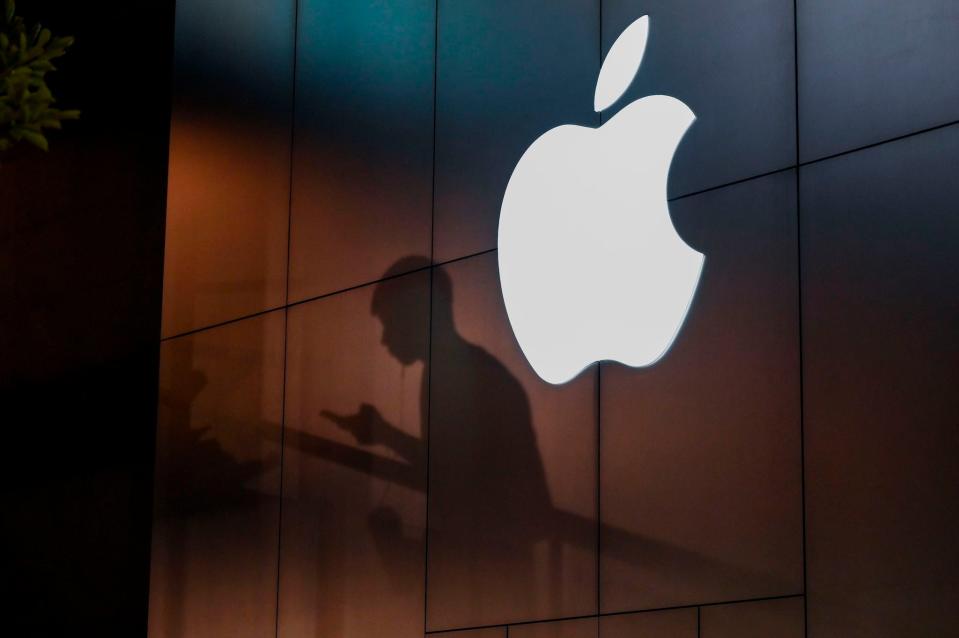Apple vs Epic: Why two of the world’s biggest companies are fighting – and how their court case could change the future of technology

Apple and Epic have begun a court trial that could decide the future of technology.
On the one hand, the trial – and the very public fallout that preceded it – is very simple. Epic argues that the rules that govern the App Store are unfair, and that apps like its own Fortnite should be allowed to behave differently.
But, at the same time, the fight is incredibly complex. It revolves around the rules that underpin much of the technology that people use each day, and suggests they should be changed.
Though the disputes at the centre of the fallout stretch back for years, the real beginning of the current trial can be traced back to the moment last year in which Epic added a new system into Fortnite that allowed the developers to get around the 30 per cent commission that Apple charges on every digital purchase made in an app downloaded from its store.
In doing so, Epic broke Apple’s rules. Fortnite – and Epic generally – were removed from the App Store, in keeping with its rules.
The legal and publicity campaigns then began, with Epic suing Apple. Its arguments not only related to that specific event, but were much more general: Epic argued that Apple was abusing its power over developers, requiring them to commit to unfair rules if they want access to the App Store.
That campaign did not only include the legal routes that began in this week’s trial, which will run for three weeks in Oakland, California. It also led to complaints with regulators in the US and Europe, and a marketing campaign that included an ad that made fun of Apple’s own output.
Epic says that it wants “changes to Apple’s behaviour” that will allow the company to not pay the current commissions and have their apps distributed through the App Store. But if Epic is awarded that, it could change some of the central governing principles not only of Apple’s App Stores but other distribution platforms too.
The court discussions are likely to take a similarly broad approach. PlayStation, Xbox, Google and a variety of other companies have already been discussed as part of the proceedings, which could change the relationship between the world’s biggest technology companies – and, in so doing, change the prices, platforms and apps that everyone uses.
Epic began its argument in the court hearings this week, accusing Apple of building a “walled garden” that it uses to unfairly take fees from developers if they want to get their apps in front of the world’s billion iPhone users.
“The most prevalent flower in the walled garden is the Venus fly trap,” said Epic lawyer Katherine Forrest in her opening arguments. The bitter tone is likely to permeate the court case, which has been preceded by public statements from each company.
Apple pushed back and argued that Epic wants “all of the benefits Apple provides without paying”, its lawyer Karen Dunn argued. Apple says the 30 per cent cut covers its role in the payments, as well as the administration and safeguarding of the App Store, and that getting rid of that would make using the iPhone a less secure and positive place.
As the hearing continues, it will bring in many of the world’s most powerful people. Epic chief executive Tim Sweeney has already been questioned, and Apple boss Tim Cook is set to testify for the first ever time.
But it will also bring academic experts to testify on the issues that will also make up much of the case: definitions of competition and markets, the economic theories that underpin them, the questions of whether Apple’s cut is fair and representative and in line with previous precedent. Both sides will bring their own experts to discuss those topics, which are likely to make as much of a difference to its conclusion as the star appearances.
In the current case, Epic is not asking for monetary damages. Instead it is asking for court orders that would force a change in Apple’s practices – which, if awarded, Apple would be expected to appeal to authorities as high up as the Supreme Court.
But whichever way it goes, the case is only one part of a wide fight that began even before those payments appeared in Fortnite. Lawmakers and regulators are scrutinising antitrust questions of whether the biggest tech companies are encouraging or limiting competition – and the current case will be just one part of that.
Read More
'Don't book foreign summer holidays yet', says Liz Truss
China’s falling rocket: What happens if out-of-control Long March 5B hits the Earth?
SpaceX launch - live: Starship SN15 lift-off scrubbed despite road and airspace closures

 Yahoo Finance
Yahoo Finance 